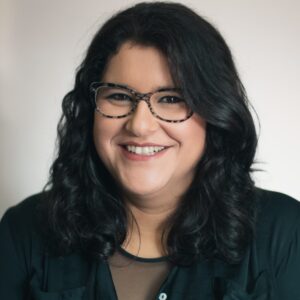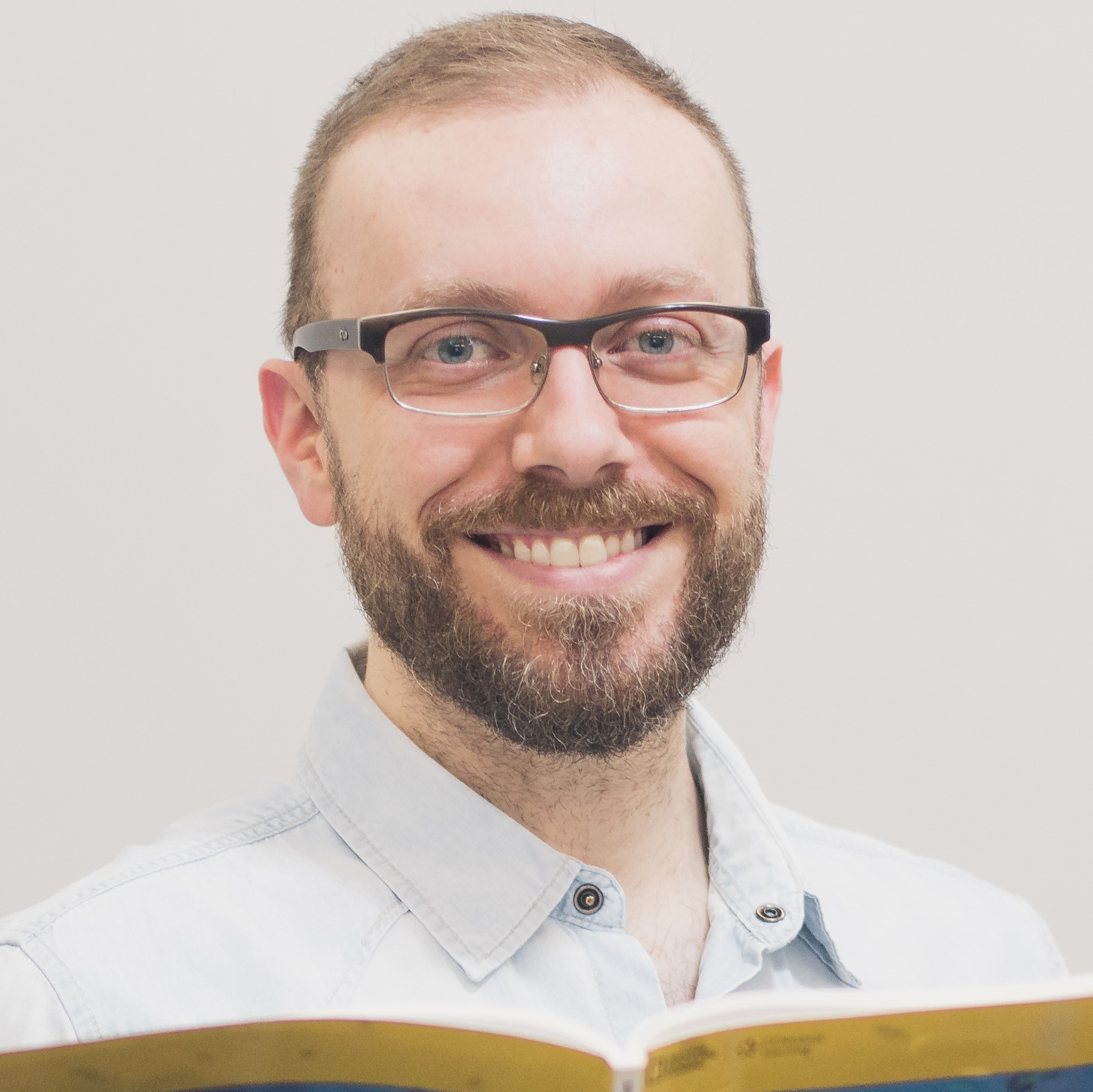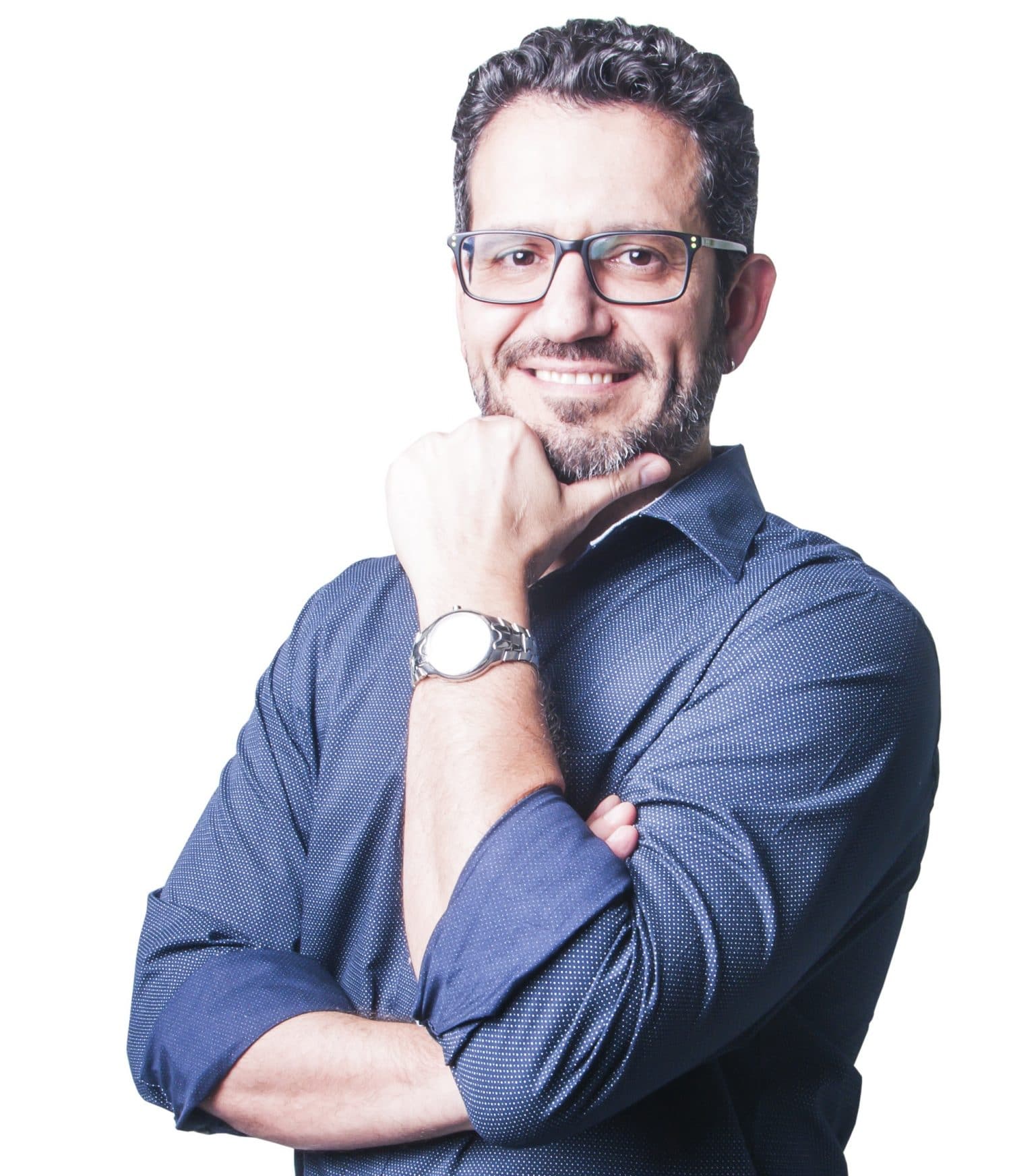OMG! My Teenage Student is Better Than Me!
It’s the beginning of a new term. You’re chosen to teach an upper-intermediate/advanced group. You’re excited to meet your new students, you plan a welcome activity so as to start off with the right foot. You enter the room, start the class and ask your new students to introduce themselves. And suddenly one particular student starts speaking. Their pronunciation is nearly flawless, they use a wide range of vocabulary and demonstrate control of simple and complex grammatical forms. And one inevitable thought crosses your mind: “This student speaks English really well, maybe even better than me!”
It’s happened to us. And not only were we taken aback, but we also questioned our own abilities and qualifications to be the teacher of that remarkable student. A feeling of frustration and despair took over us. What could that student possibly learn from us? Well, it turns out that with time the answer to this question popped up: “They can learn a lot!”
Before tackling this issue, how about reminding ourselves of what makes this scenario more and more likely to happen?
If you were born before the 90’s, you’ll remember times when surfing the web was a noisy and slow experience (dial-up internet). You probably depended heavily on your bilingual dictionary to learn words in English back then. If you relate to that, you’ll agree that it’s undeniable that teenagers and tweens nowadays have far more access than we, adults, had to English when we were their age. And in much more affordable ways. It’s just expected that their time of exposure to English will have been longer than what happened to us at that time. Access to the internet is definitely a watershed.
Besides, traveling abroad and interacting with people who are English speakers has become more reachable as well. Or even communicating with people worldwide; but then again, due to the internet.
As you can see, our teen and tween students were born at a time when the English language has always been there for them. Endless resources! Some of them will make good use of it and will have been surrounded by English for a long time before they start studying with you.
Going back to our realization — that we can be of great help for this kind of learner: finding out areas in which this person needs help has to be taken as a mission. Plus, it’ll surely improve your own fluency.
With some students, you can even share your own struggles, areas that you consider to be your weaknesses. That will do you no harm. Being humble to recognize your own difficulties won’t dismiss your role, as long as you show them what you’ve been doing to improve.
If you’re not confident enough about your level, here comes the point where we have to state the obvious: we teachers have to work on our continuous professional development (CPD). On this note, you’ll enjoy reading what Natália Guerreiro shared with us and also what Higor has been saying for some years.
From our point of view, by constantly dedicating hours to our studying, we teachers will be better and better able to cater for students’ needs. We’ll be entitled to find areas in which they will feel challenged and they’ll feel how much effort we make to provide them with useful knowledge.
Remember that we’re setting the example: being a great teacher demands being a great student. This idea might strike a chord with them, after all one has to keep on studying to work on proficiency and there’s always room for learning. You should be an inspiration to your students when it comes to autonomous learning.
What’s more, we’re not in the classroom (or on an online class) just to teach English. At this period of their lives, tweens and teens are still working on their social intelligence, as much as other skills (rather than fluency).
We hope this article soothes your fears when finding yourself in this context. We’ll be pleased to keep in touch with you in case you want to share your feelings and thoughts about this topic.
 Co-author:
Co-author:
A licensed Biology teacher who fell in love with English language teaching in 2011, Michelle Hudson holds the CELTA, TKTs Modules 1-3 and a TESOL certificate from Languages International (Auckland, NZ). She is now based in Seville – Spain, teaching at English Connection and also private students.





